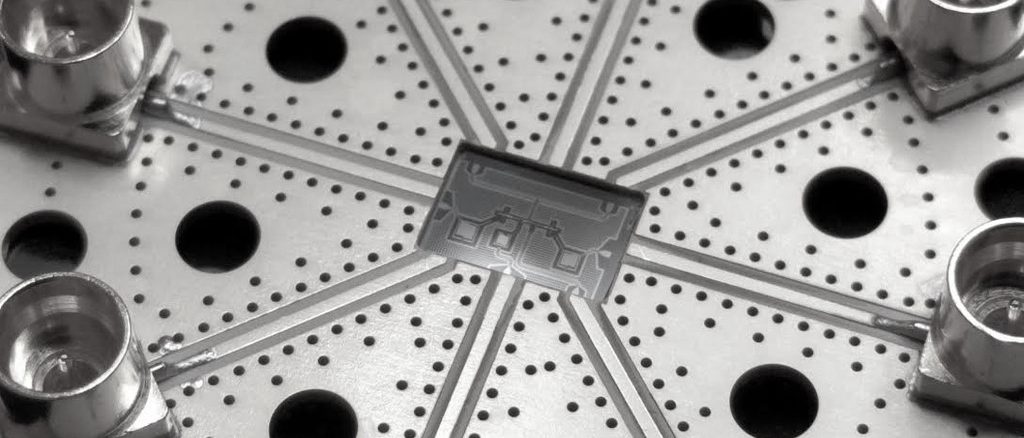
On today’s episode of “The Interview” with The Next Platform, we talk about quantum computing performance and functionality with Rigetti Computing quantum hardware engineer, Matt Reagor.
We talked with Rigetti not long ago about the challenges of having an end-to-end quantum computing startup (developing the full stack—from hardware to software to the fabs that make the quantum processing units). This conversation takes that one step further by looking at how performance can be considered via an analogy of wine glasses and their various resonances. Before we get to that, however, we talk more generally about Reagor’s early work on quantum systems at Yale where he developed an approach to quantum memory that has carried over into his work at Rigetti.
In the podcast above, we discuss the nature of quantum memory and the role of interference in coming up with quantum results and fit this into the larger analogy for the quantum curious (but non-expert).
For those who follow quantum technology, what we put into analogy form is Reagor’s team paper on the idea of entanglement and interference, described here
“By inducing coherent population exchange between adjacent qubits under frequency modulation, we implement a universal gate set for a linear array of four superconducting qubits. An average process fidelity of ℱ = 93% is estimated for three two-qubit gates via quantum process tomography. We establish the suitability of these techniques for computation by preparing a four-qubit maximally entangled state and comparing the estimated state fidelity with the expected performance of the individual entangling gates. In addition, we prepare an eight-qubit register in all possible bitstring permutations and monitor the fidelity of a two-qubit gate across one pair of these qubits. Across all these permutations, an average fidelity of ℱ = 91.6 ± 2.6% is observed. These results thus offer a path to a scalable architecture with high selectivity and low cross-talk.”
On a related note, we did a recent podcast with Dr. Travis Humble from Oak Ridge National Lab’s Quantum Computing Institute that touches on some of the same themes (in addition to the host of recent articles on various aspects of quantum performance, code, and production).





Be the first to comment